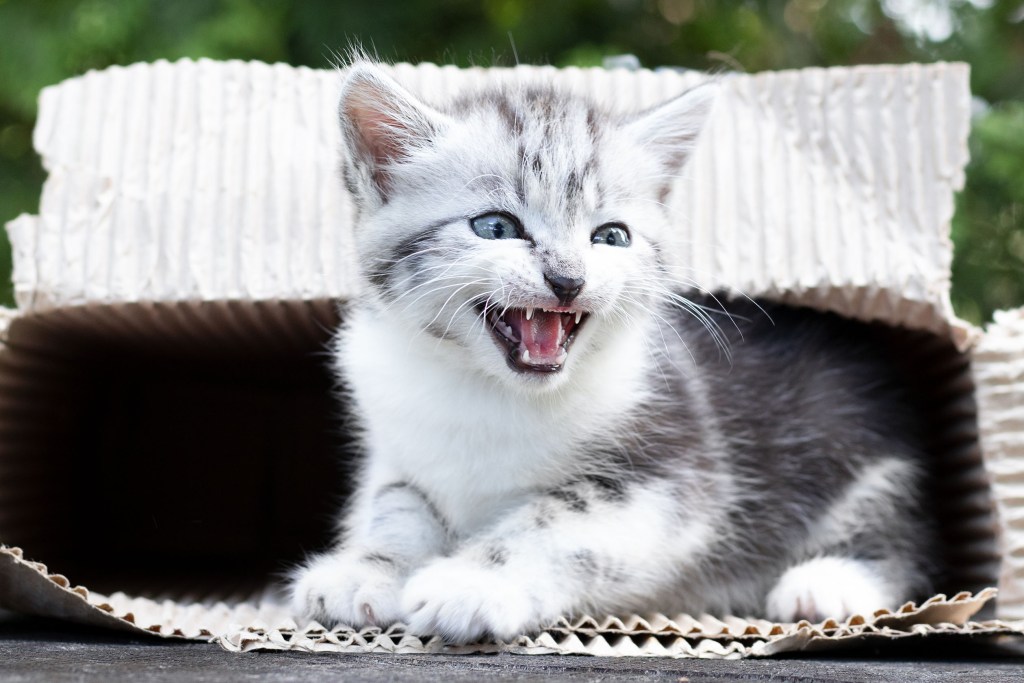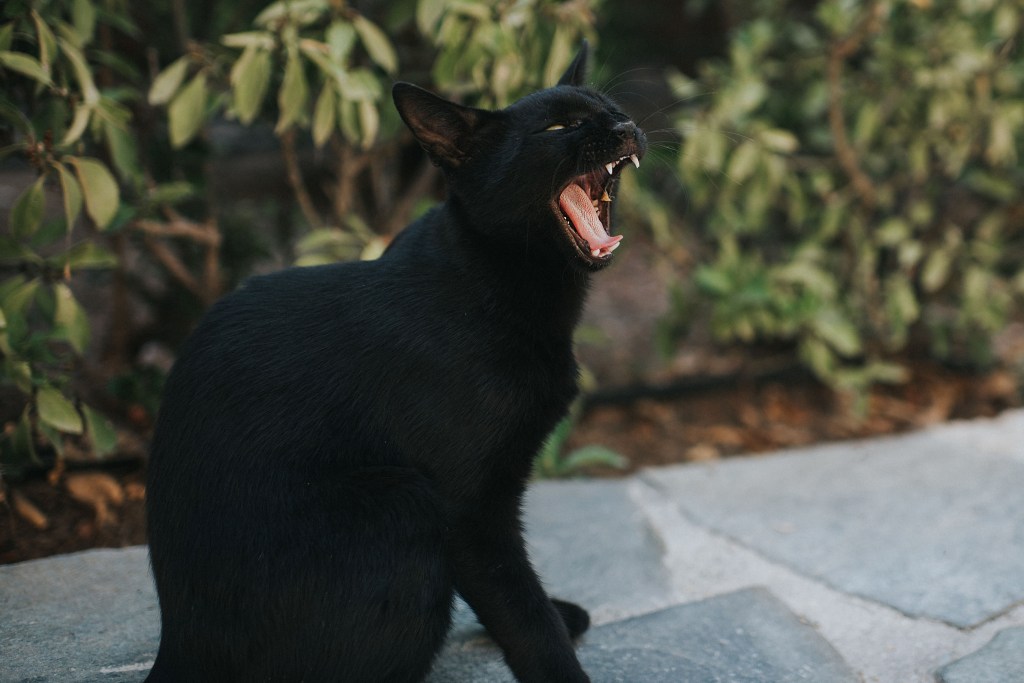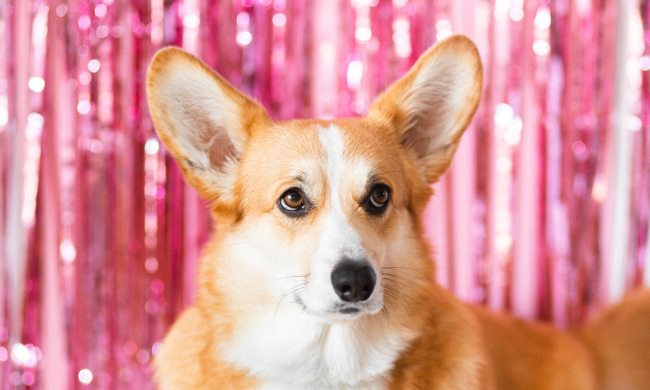Having a kitten in the home is always exciting, but it’s also a ton of work. While most new pet parents know the basics of cat care, many realities of raising a kitten come as a surprise. This is especially true when it comes to dental care. Cats lose their baby teeth just like we do. And while the process occurs naturally, there are still a few things you should know to ensure your kitten’s adult teeth come in without issue. When do kittens lose their baby teeth? Do they teethe like babies do? And how can you help them during the process? Read on to learn more.

When do kittens’ teeth fall out?
Kittens are born without teeth, much like most other mammals. At about 3 weeks old, their first teeth begin to appear. The incisors in the front of the mouth grow first, followed by the canine teeth, and then the premolars, which emerge at 5 to 6 weeks old. Altogether, kittens have 26 baby teeth (aka deciduous teeth), according to VCA Hospitals.
At about 3 months of age, your kitten’s deciduous teeth will start falling out. At the same time, her permanent adult teeth will start growing in. The incisors are the first to fall out, and they’ll be replaced by permanent teeth by the time your kitten is about 4 months old. Permanent canine teeth erupt between 3 and 5 months of age. The premolars will start growing in at about age 4 months. Your kitten will also grow four new permanent teeth called molars. When they reach about 6 months old, all 26 of your kitten’s baby teeth will have been replaced by 30 new permanent teeth.

What happens when your kitten starts teething?
As kittens get older and begin transitioning to a solid-food diet, their baby teeth are replaced by adult ones. This is when the teething starts. While this process can be uncomfortable or even painful for your kitten, she likely won’t show any outward signs of discomfort. Cats don’t like to display their pain. According to VCA Hospitals, you must therefore learn to look for the subtle signs of their distress so that you can alleviate it.
When your cat is teething, it’s normal for them to have bad breath and red, swollen gums. It’s also standard to see minor bleeding when they lose a tooth. So, if you notice a small amount of blood, there is no reason to worry, as bleeding will soon stop on its own. To relieve the resulting tenderness, your cat may start chewing on things or stop eating in the affected area.
The development of adult teeth leads to these symptoms. The new teeth put pressure on the roots of the baby teeth, causing them to dissolve. The crown of the baby tooth falls out as the new permanent tooth pushes through the gums. Don’t be surprised if you don’t find all 26 deciduous teeth. Most teeth will fall out while your kitten is eating, and she’ll likely swallow them (which is entirely safe).

How can you help your kitten through the process?
Your kitten’s gum irritation should pass quickly once the new teeth have appeared. Check her mouth regularly for signs of persistent irritation, bleeding, or discharge from the teeth or gums. These symptoms can indicate a mouth infection, which will need to be checked out by a veterinarian. Adult teeth can grow in the wrong direction, become impacted, or cut the inside of the mouth. These problems should also be examined by your cat’s vet.
To relive some of the gum tenderness your teething kitten will experience, give her chew toys to play with. Some cat toy manufacturers make teething toys and rings for kittens. Or you can make a kitty pacifier by soaking a cloth toy or washcloth in chicken broth or tuna juice and freezing it. You also can try interactive toys like feather wands to help distract kittens from their teething pain.
Stick to a routine
As your cat’s adult teeth come in, you should think about beginning a dental care routine with her. When your cat is still young is the perfect time to get her accustomed to fingers and toothbrushes touching her teeth, gums, and mouth. While teething, try massaging your kitten’s gums with a fingertip or some gauze. Then you can work your way up to brushing her teeth on a weekly basis. Starting good habits now can prevent dental issues as she ages.
Kittens are born toothless. But by around 6 months old, they will have gone through the process of growing and losing their baby teeth and developing their adult teeth. While this remarkable development usually happens without issue, kittens may experience discomfort while teething. Armed with the information above and our teething tips, you can help your kitty through this transformation with minimal pain and perhaps a new oral hygiene routine.



